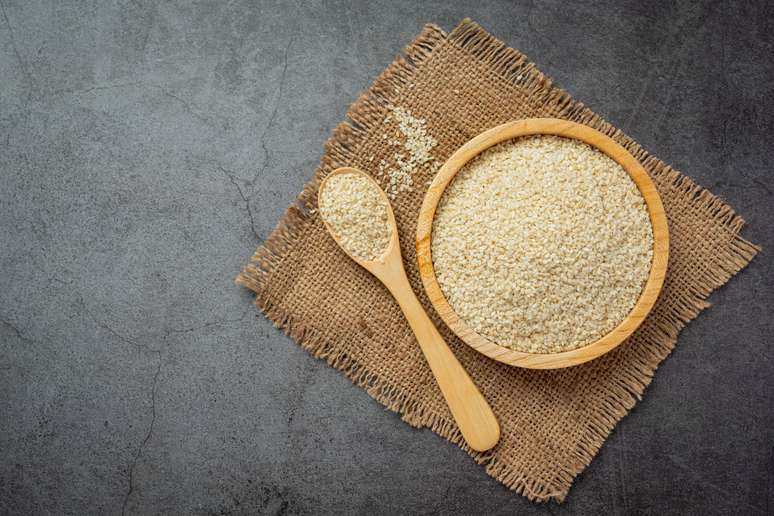Psillium, a soluble fiber extracted from the Plantago Ovata plant, has gained a popular nickname of “poor Ozempico” on social networks, referring to the drug indicated for diabetes and weight loss. But does this comparison make sense?
According to clinical nutritionist Amanda Figydo (USP), psillium can contribute to weight loss, but should not be seen as a miraculous solution.
“Since it is a soluble fiber, psillium absorbs water into the stomach and forms a viscous gel that slows down the gastric emptying, extending satiety and reducing calorie intake during the day,” he explains.
This effect makes the person feel less hungry among meals. However, according to the expert, this does not mean that psillium loses weight on its own.
“It is important to highlight that it does not promote weight loss in isolation. Its role has improved when it is inserted in a diet rich in balanced nutrients with calorie deficit and associated with regular physical activity”, strengthens Amanda.
In addition to weight: health benefits
Although it is increasing by the association with weight loss, Psychilium has other positive effects already recognized by science.
“It helps to regulate intestinal transit, both in case of constipation and diarrhea, and contributes to the control of cholesterol and blood sugar, slowing down the absorption of sugars and fats in the intestine,” says the nutritionist.
Another important point is the impact on satiety. “Forming a gel in the stomach, Psychillium increases the feeling of satiety, which can be an interesting support in weight management,” he adds.
In order for the effects to be guaranteed, however, hydration must be a priority. Without enough water, the results can be negative.
“When psillium is consumed without adequate water intake, it can cause constipation, abdominal discomfort, gas and even risk of intestinal obstruction,” warns Amanda.
How to consume and who should avoid
“The recommendation is to mix a spoonful of psillium in a glass of water or juice and ingest immediately. It is also possible to add it to yogurt, vitamins, pancakes and cracks,” suggests the expert.
But, like any food supplement, Psillium has contraindications. People with ovate plantage allergy, with intestinal obstruction or difficulty swallowing should avoid use. In addition, consumption should be guided in specific situations.
“Pregnant women, breastfeeding people, children and people in the continuous consumption of drugs need a professional evaluation, since psillium can interfere with the absorption of some drugs”, explains Amanda.
Calling the “poor Ozempico” psillium can be an exaggeration, but the fiber has space in a healthy food routine. Used correctly, it helps to control satiety, blood sugar and cholesterol, as well as to encourage intestinal health.
Source: Terra
Ben Stock is a lifestyle journalist and author at Gossipify. He writes about topics such as health, wellness, travel, food and home decor. He provides practical advice and inspiration to improve well-being, keeps readers up to date with latest lifestyle news and trends, known for his engaging writing style, in-depth analysis and unique perspectives.








